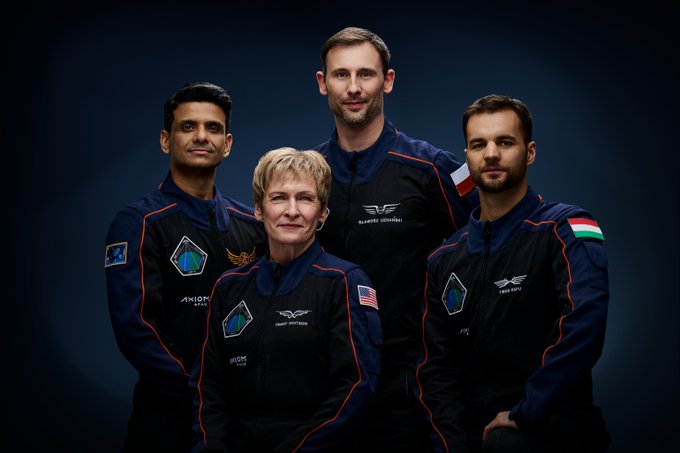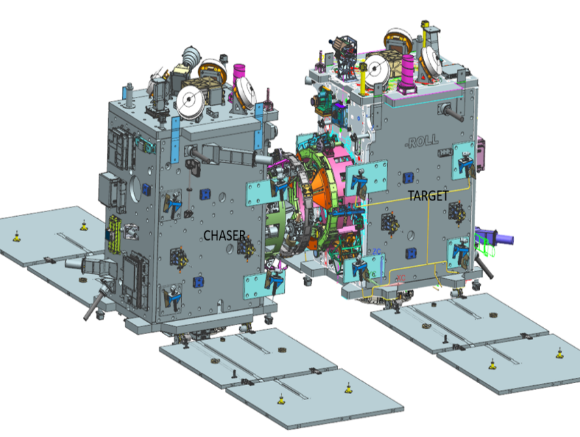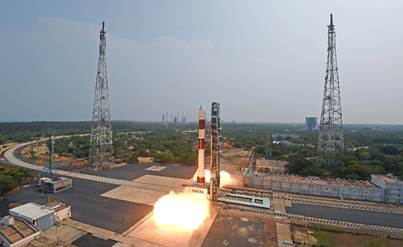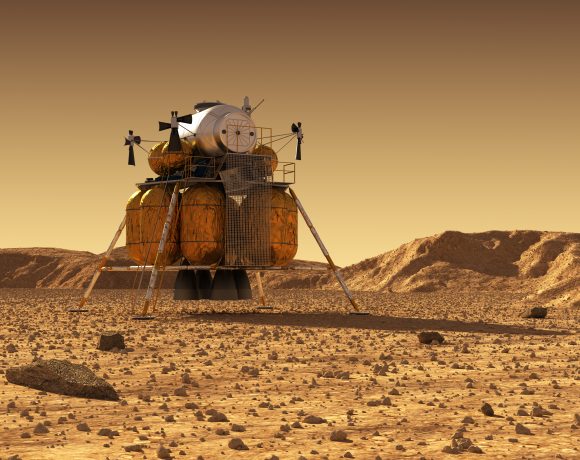
Axiom‑4 Launch Postponed Amid ISS Safety Assessments
The planned launch of the Axiom‑4 mission to the International Space Station (ISS), which was scheduled for Sunday, June 22, has been postponed. NASA and Axiom Space jointly decided to delay the mission to conduct further assessments related to the station’s operational safety. A new launch date is expected to be announced soon.
“NASA has made the decision to stand down from a launch on Sunday, June 22, and will target a new launch date in the coming days.”
ISS Safety
The delay comes after maintenance activity on the Zvezda service module, a critical component of the Russian segment of the ISS. This module has experienced minor air leaks in recent months, prompting a series of repairs and pressure checks. Although the issues were considered small, engineers are taking extra caution before sending another crew to the orbiting laboratory. The safety and structural integrity of the ISS remain paramount as it hosts an international mix of astronauts and scientific missions.
Axiom-4 Launch
This latest delay marks the sixth time the Axiom‑4 launch has been rescheduled. The original launch date was May 29. Previous postponements were due to unfavorable weather, a liquid oxygen leak in the Falcon 9 rocket’s booster, and now, station-related concerns. The mission is a joint effort by Axiom Space, NASA, SpaceX, and several international partners, underscoring the increasingly collaborative nature of low-Earth orbit missions.
The crew for this mission includes India’s Shubhanshu Shukla, Poland’s Slawosz Uznanski, Hungary’s Gyula Galambos, and veteran astronaut Peggy Whitson, who commands the team. Notably, Shukla will become India’s second astronaut in space after Rakesh Sharma, and the first from India’s own astronaut program.
Crew in Quarantine
The four-member team remains in pre-launch quarantine near Kennedy Space Center in Florida as officials evaluate the next launch window. The mission will utilize a SpaceX Crew Dragon spacecraft atop a Falcon 9 rocket and aims to spend approximately two weeks aboard the ISS, conducting research and collaborative experiments in various scientific domains.
While the launch delay has caused some disappointment, mission planners emphasize that crew safety and ISS readiness cannot be compromised. The coming days will involve thorough assessments of all ISS systems and mission protocols before a new timeline is confirmed.
This mission is expected to be a significant step in expanding private-sector involvement in human spaceflight and strengthening global partnerships in space exploration.


















